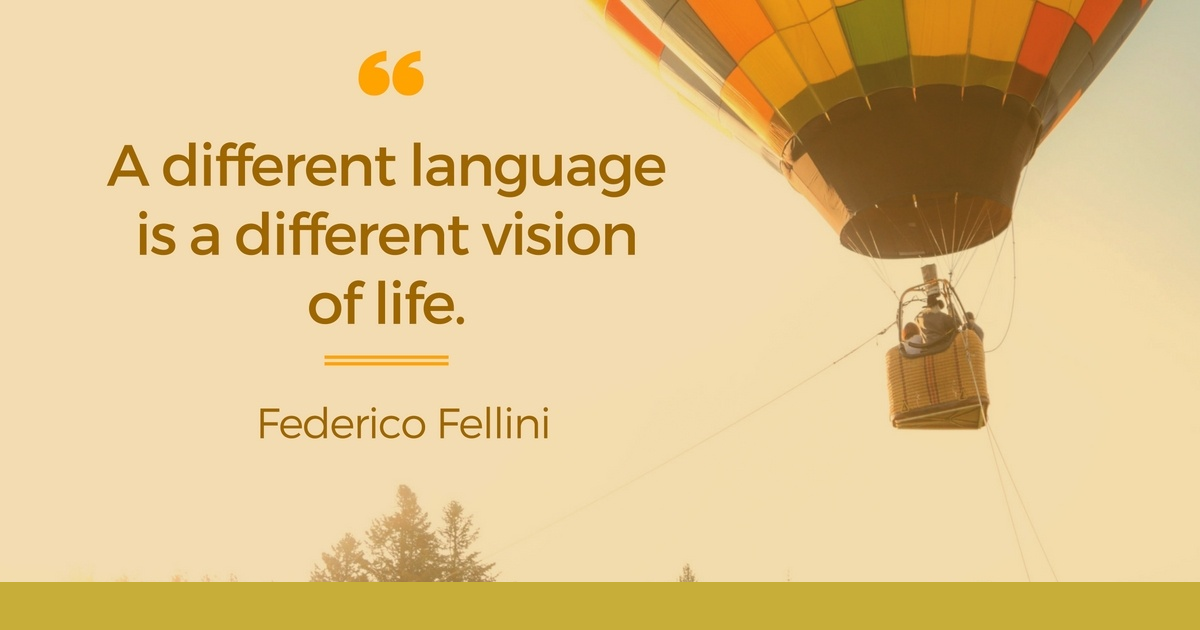lunes, 2 de septiembre de 2019
EDUCATIONAL INCLUSION
UNESCO defines inclusive education in its conceptual document (i) as follows: ¨ Inclusion is seen as the process of identifying and responding to the diversity of the needs of all students through greater participation in learning, cultures and communities, and reducing exclusion in education. It involves changes and modifications in content, approaches, structures and strategies, with a common vision that includes all children of the appropriate age range and the conviction that it is the responsibility of the regular system to educate all children ¨
It is based on the principle that each child has different characteristics, interests, abilities and learning needs and should be the educational systems that are designed, and the educational programs put in place, taking into account the wide diversity of these characteristics and needs
It deals with providing relevant responses to the full range of educational needs in pedagogical contexts in schools and extracurricular schools.
Far from being a marginal issue about how some students can be integrated into the mainstream education, it is a method that reflects on how to transform educational systems so that they respond to student diversity. (ii)
http://www.inclusioneducativa.org/ise.php?id=1
Valentina Prieto 4°A
Suscribirse a:
Comentarios de la entrada (Atom)
INSTRUCTIONAL TECHNOLOGY
INSTRUCTIONAL TECHNOLOGY Source : https://www.funderstanding.com/educators/instructional-technology/ April 15, 2011 DEFINITION ...
-
Keeping the promise of inclusive education December 3 is the International Day of Persons with Disabilities On the occasion of th...
-
How new teachers can create a welcoming classroom A few tips for new teachers who want to foster strong relationships with students ...
-
World History: Industrial revolution from 18th century In history, it is documented that the Industrial Revolution of the late 18th an...



Very good! Thank you for your contribution to the blog Valentina.
ResponderBorrar